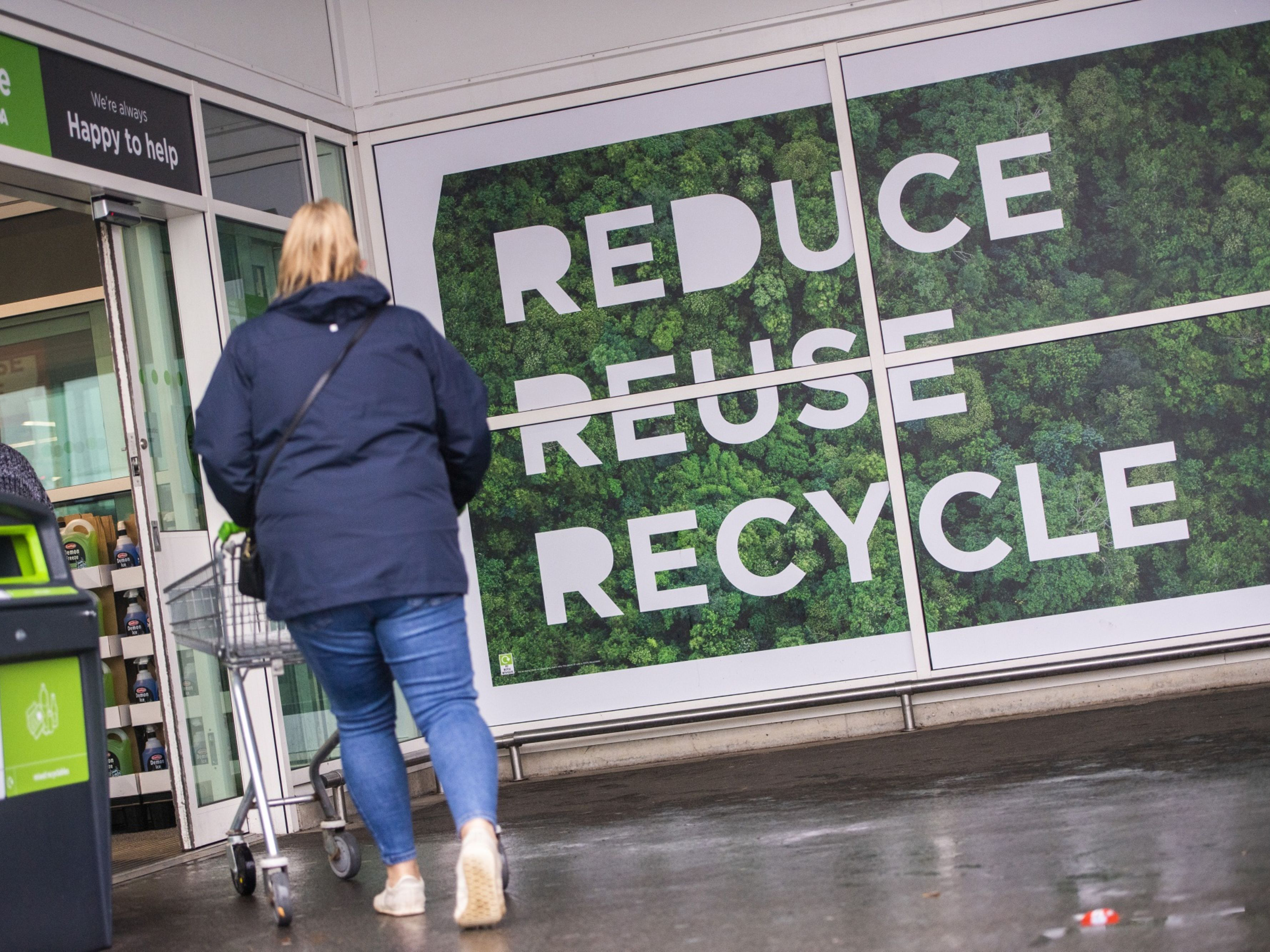
It’s tough finding a global supply chain today that isn’t nominally committed to achieving a green future. But coming up with a road map for reaching that destination takes more than inspiring words in an annual statement.
Major brands like Walmart Inc., Microsoft Corp. and McDonald’s Corp. realize that true sustainability can only be obtained through cooperation among all supply chain partners, well beyond the walls of the executive suite. So many have undertaken the task of auditing the entities involved in getting their products to market.
Step one lies in creating transparency, a word that can be anything but transparent in meaning when it comes to acquiring insight into the operations of one’s partners. Yet having achieved that initial goal, companies must then define precisely what they expect of those partners, in terms of specific initiatives aimed at greening the supply chain.
In broad terms, buyers of raw materials, components and finished goods are asking suppliers “to take more of a sustainable approach to how they do business,” says Andrew Thomas, vice president of customer insights with Enel X North America. That means reaching for the goal of becoming “environmentally neutral,” and setting specific targets toward that end.
Much of the work to date has been focused on Scope 1 and Scope 2 emissions, first and second of three stages defined by the Greenhouse Gas (GHG) Protocol. Scope 1 relates to emissions from sources directly controlled by the organization in question. They include stationary sources such as boilers and turbines, and mobile assets such as vehicles. Scope 2 describes indirect GHG emissions associated with the purchase of electricity, steam, heat or cooling from outside sources.
The biggest challenge lies in getting a handle on Scope 3 emissions, those generated by assets neither owned nor controlled by the reporting organization. Into that category falls a wide variety of upstream and downstream supply chain partners.
So how do companies define best practices in energy, emissions and resource usage, for themselves as well as for their universe of vendors? One invaluable guide is that of the Science-Based Targets (SBT) initiative, which offers what it calls “a clearly defined” path toward reducing emissions in line with the Paris Agreement on mitigating climate change.
More than 1,500 companies are working within the SBT framework, and about half have adopted its levels and timetables for emissions reductions over a set period of time, Thomas says. Key to the success of their efforts is, once again, that magic word: transparency, in this case referring to the need to publicly disclose progress toward reducing their carbon footprint.
Organizations need to temper their idealism with the reality of what they can actually achieve, Thomas says. Measures that have yielded tangible success to date include the purchase of renewable power and conversion of fleets to eliminate reliance on fossil fuels.
Reality steps in when such efforts affect the bottom line. Companies and their often-impatient investors much be willing to absorb a certain amount of higher costs up front, as they transition to cleaner energy sources. Thomas acknowledges the debate that’s occurring at the executive level, as sustainability champions struggle to sell the long-term benefits of green supply chains.
As it happens, the cost of launching sustainability initiatives might be overstated. “Based on some of the work we’re doing,” Thomas says, “we see that value can be created without incremental investment. There could be balance-sheet implications, but it can be cost-neutral in the long run.” He cites the use of long-term agreements for the purchase of renewable energy, at a cost equivalent to that of ground power over the life of the contract.
There’s some evidence that top management, boards of directors and investors are seeing the light. Thomas cites a recent survey by McKinsey & Co. of corporate decision makers on the topic of sustainability. Forty percent said they viewed such initiatives as driving value across the organization over a five-year term. According to McKinsey, “value-creating companies are more likely than others to make sustainability an element of their corporate culture and train employees on how to integrate sustainability into their work.”
But another McKinsey report identifies a potential roadblock to winning the backing of investors for sustainability initiatives. It finds investors unwilling to use companies’ sustainability disclosures as the basis for making investment decisions, due to a lack of shared standards when it comes to such reporting.
In any case, Thomas believes major organizations are generally making good on their pledge to achieve sustainability and carbon neutrality throughout their supply chains, to the point of investing in specific projects with demonstrable benefits.
“There’s been a lot of discussion about how to make sure that companies follow through on their commitments,” he says. “Leaders in this space are very aware of that. But they continue to innovate, and drive to the next frontier.”







